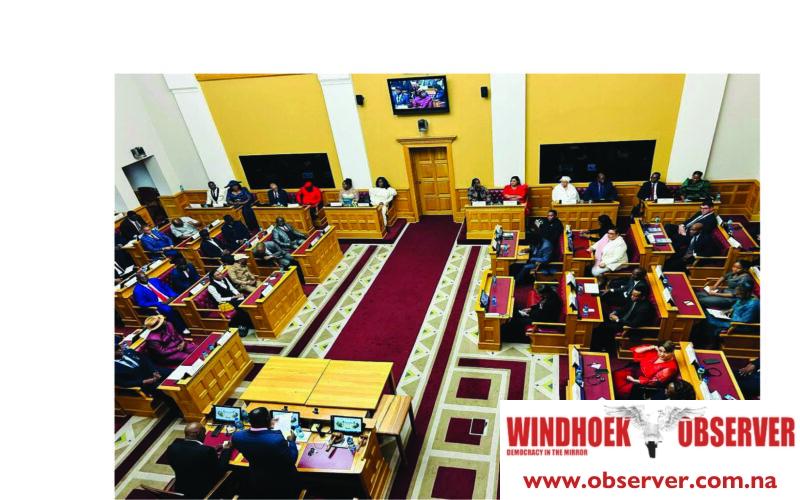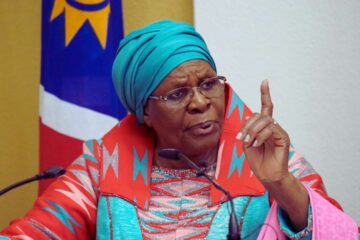Allexer Namundjembo
Opposition members of parliament have questioned the Ministry of Works and Transport over government spending on luxury vehicles and ballooning office rental costs.
They also raised concern about the absence of a complete asset register to track state properties and vehicles.
On Wednesday, Popular Democratic Movement (PDM) leader McHenry Venaani criticized the procurement of luxury vehicles such as Toyota Prados while the country faces fiscal constraints.
In March, the ministry confirmed spending N$20 million to procure 20 Toyota Prados to supplement the vehicle fleet.
Earlier this month, it announced plans to auction 1 500 government vehicles that have either exceeded 120 000 kilometres or have been in service for more than five years.
“This trend has raised questions regarding the government’s procurement policies for official vehicles, especially in the context of ongoing fiscal constraints and the need for prudent public expenditure,” Venaani said.
He demanded clarity on the procurement policy, recent purchases, total expenditure, and measures to ensure transparency.
Venaani also pressed the works and transport minister, Veikko Nekundi, on the absence of a centralised asset register, saying the lack of such a system undermines accountability in managing public resources.
“The importance of such a register cannot be overstated, as it would provide a consolidated record of the government’s movable and immovable assets, enabling more effective oversight,” he said, while asking for a timeframe for its implementation.
Another PDM member of parliament, Nico Mbinge-Tjeundo, raised concerns over the state’s reliance on rented office space.
He pointed to cases where millions were spent on buildings that remained unused.
“The government has incurred significant expenses on office space rentals, with a notable example being the former Ministry of Sport, Youth and National Service, where the government spent around N$11 million over the past 10 months renting an office building in Windhoek without using it,” Mbinge-Tjeundo said.
He asked why the government continues to rent private properties instead of constructing or using its own, whether rental tenders are competitive, and how it ensures rates are in line with the market.
Nekundi has yet to respond to the questions in parliament.
The office of the auditor general has in past reports noted that the government does not maintain a full asset register, making it difficult to determine the number and value of state assets.
In 2020, the then finance minister, Iipumbu Shiimi, said Namibia’s electronic asset register recorded assets worth about N$11.9 billion, though many remained on manual records.
By 2023, the government reported identifying nearly N$70 billion in assets across ministries, but the full valuation was incomplete due to unfinished registration.
The country’s Public Procurement Act of 2015 governs state purchases, requiring transparency, competitive bidding, and proper record-keeping.
Previously, analysts have argued that the law causes delays, disadvantages small businesses, and is sometimes used for corrupt practices.
In the 2011 case, AFS Group Namibia versus the chairperson of the Tender Board, the High Court stressed the need for fraud prevention and strict controls in the government’s fuel procurement system for vehicles.




